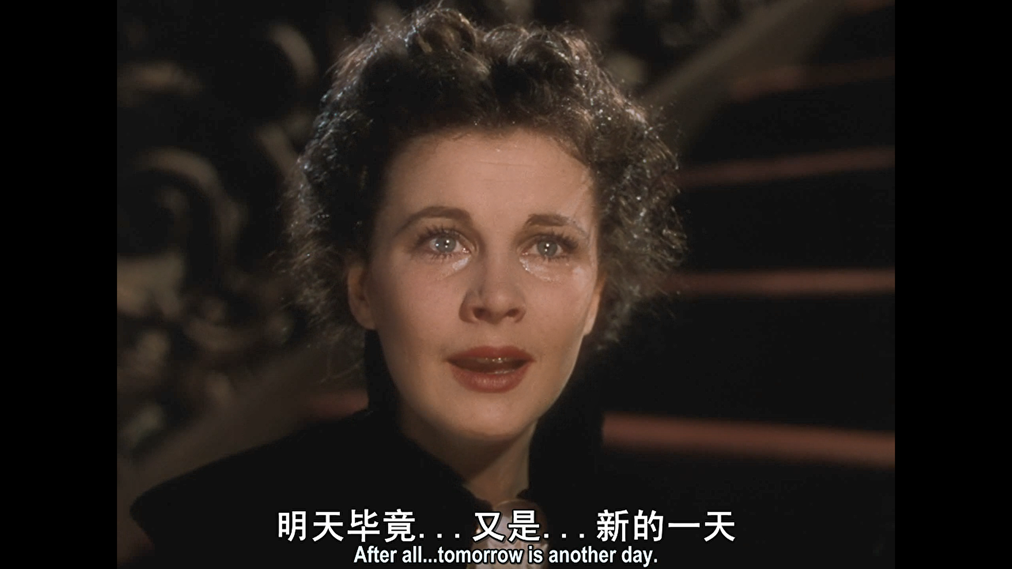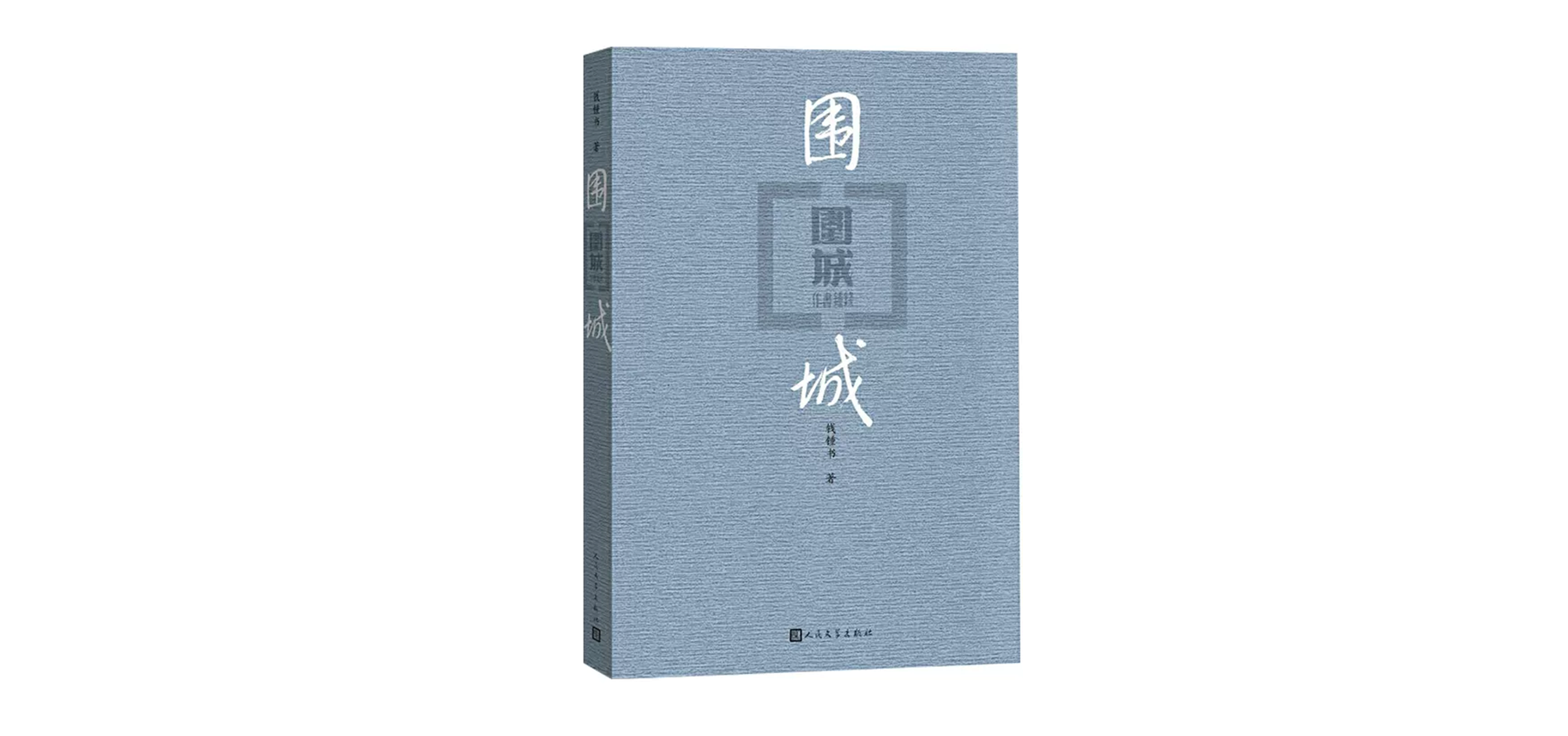MY 100-Day English -51

Summary. Research has definitively shown that overwork isn’t good for employees or their companies — and yet, in practice, it can be hard to overcome unhealthy work habits and reach a more sustainable work-life balance. To explore what it takes for busy professionals to make a change for the better, the authors conducted a series of interviews with mid- and senior-level managers at two global firms. They found that while the majority of respondents (回答者,调查对象) assumed working long hours was inevitable, a significant minority of them were able to resist this pressure and achieve a healthier balance through a process of increasing awareness, conscious reprioritizing, and implementation (实现;履行) of public and private changes. The authors go on to emphasize that to achieve lasting change, you must view this process not as a one-time activity, but as a cycle in which you constantly re-evaluate your evolving feelings and priorities, and adjust your work and life choices accordingly (于是;相应地;照着).
Despite the resounding (响亮的;轰动的) evidence that working long hours can be harmful to both employees and employers, many professionals still struggle to overcome their assumptions — and their deeply-ingrained (根深蒂固的) habits — around work hours. What does it take to free yourself from these unhealthy patterns and reach a more sustainable, rewarding work-life balance?
To explore this question, we conducted almost 200 in-depth (深入的,彻底的) interviews with 78 professionals from the London offices of a global law firm and an accounting firm (会计事务所). We spoke with an equal number of men and women, and most of the interviewees were between 30 and 50 years old, with at least one dependent child, and in either middle or senior management roles.
The majority of the interviewees described their jobs as highly demanding (高要求的), exhausting, and chaotic, and they seemed to take for granted (认为是理所当然的) that working long hours was necessary for their professional success. However, about 30% of the men and 50% of women in our sample appeared to consciously resist working long hours, describing a variety of strategies they developed for maintaining a healthier work-life balance. While the details of every individual case differed, our study suggested a common mental process that consistently helped this group of professionals to change the way they worked — and lived — for the better.
At a high level, our research showed that achieving better balance between professional and personal priorities boils down to (归结为) a combination of reflexivity (自反性)— or questioning (怀疑,质疑) assumptions (假设) to increase self-awareness — and intentional (故意的) role redefinition. Importantly, our research suggests that this is not a one-time (一次的) fix, but rather, a cycle that we must engage in (参与) continuously as our circumstances and priorities evolve. This cycle is made up (构成,化妆) of five distinct steps:
根深蒂固的:deeply-ingrained
归结为:boils down to
See you tomorrow








